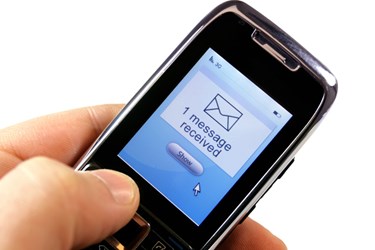BYOD Is "The Norm" For Your Health IT Clients
By Megan Williams, contributing writer

If you haven’t talked to your hospital clients about their BYOD (bring your own device) security policies, it might be time to schedule a meeting.
According to this article from DocHalo, the ubiquity of BYOD policies in hospitals has led to a need for more advanced security solutions.
A Need Created By Device Use
The mobile device is no longer a pariah in the healthcare space that it was ten years ago. Physicians use smartphones, tablets, and a wide range of other mobile devices to take advantage of all the benefits that mHealth has to offer, including data sharing, mobility, and messaging options.
The Answer Of BYOD
To answer this need, BYOD policies were put into effect — staff was already familiar with their personal devices, and organizations saved the expense of outfitting entire workforces with mobile solutions.
The practice, while fraught with security risks, has caught on. An infographic from Caradigm touts the idea that “BYOD is here to stay,” citing statistics such as the fact that 85 percent of hospitals allow staff and clinicians to connect to hospital Wi-Fi with personal devices.
The Concern
This of course, has led to myriad concerns around security, as the amount of patient data generated from various systems and applications grows at a rapid rate. The situation is only made more intense by an environment of mergers and acquisitions upsetting workforces, and care teams extending beyond conventional boundaries of facilities and even countries.
The Need For HIPAA Messaging
DocHalo points out that this environment highlights the need for HIPAA messaging between doctors, of whom 69 percent use mobile to view patient information, and 42 percent use it for clinical notifications.
It’s not a simple process though. Secure text messaging is a viable solution, but it’s frequently difficult to get clinicians on board. According to Spyglass managing director Gregg Malkary, “I suspected nurses were using their devices. I just didn't realize how widespread it was. And it’s not just nurses, it’s doctors as well. Nobody wants to use a secure text messaging app. They don't want to have to use two apps, they want one, and the prevailing attitude is that unsecured SMS is just fine. They know it’s a violation, but it’s more fluid, they know everyone else’s smartphone number, and they can coordinate care. They’re leveraging consumer grade tools to facilitate closed loop communication, and to support multidisciplinary care. Unfortunately, it’s outside the firewall.”
